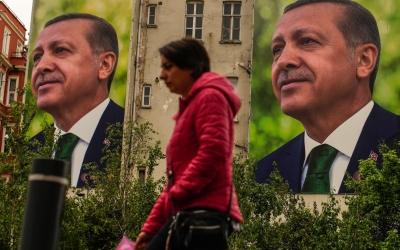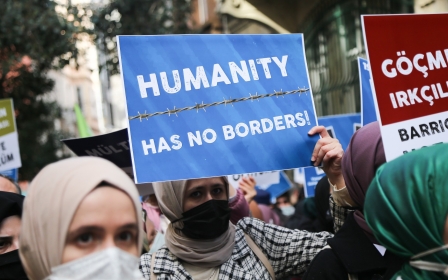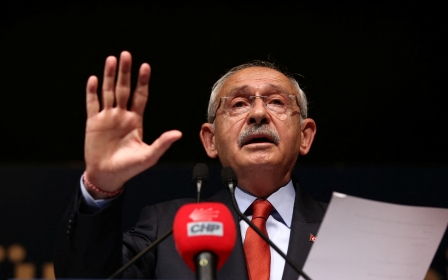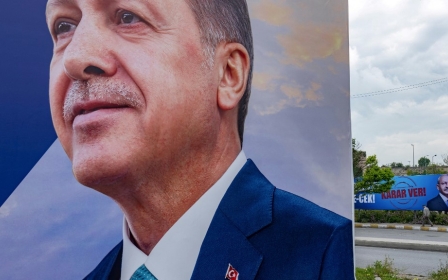Turkey elections: Erdogan has MPs to play with after strong parliamentary showing
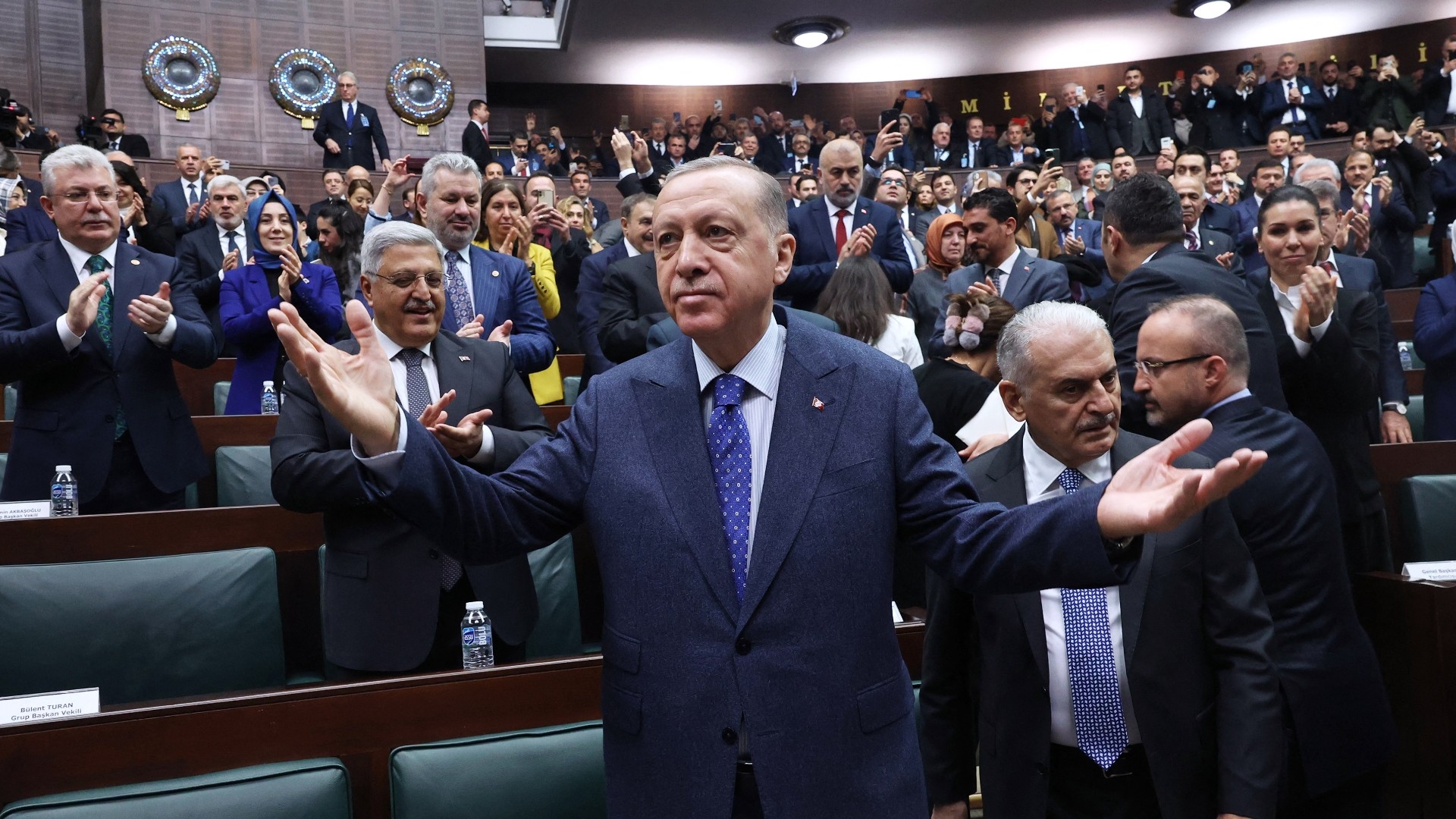
Recep Tayyip Erdogan may have come agonisingly short of a first-round win in the presidential election, but the Turkish president was likely able to find solace in the parliamentary majority he now commands.
Although Erdogan's ruling Justice and Development Party (AKP) experienced a decline in electoral support in the parliamentary elections held alongside the presidential one, dropping from 42.28 percent to 35.61 percent (the lowest in its history), changes in the electoral law favouring larger parties allowed it to secure 268 seats.
The Nationalist Movement Party (MHP), the AKP's chief ally, also experienced a decrease in support this year, from 11.20 percent to 10 percent, taking 50 seats on 14 May.
Together, they form a majority of 318 in the 600-seat parliament. Additionally, Erdogan's ally the New Welfare Party (YRP) holds five seats, providing further support for his People's Alliance electoral coalition.
There are 16 parties represented in the new parliament, the majority pursuing right-wing politics. Some analysts, such as Turkey expert Guney Yildiz, consider it "50 shades of nationalism".
New MEE newsletter: Jerusalem Dispatch
Sign up to get the latest insights and analysis on Israel-Palestine, alongside Turkey Unpacked and other MEE newsletters
The opposition, meanwhile, appears increasingly fragmented, presenting an opportunity for Erdogan to explore different alliances.
The main opposition alliance is known as the Table of Six, composed of six parties and led by two: the centre-left Republican People's Party (CHP) and the nationalist Good Party (Iyi).
CHP leader and presidential candidate Kemal Kilicdaroglu ran several members of smaller right-wing parties on his ticket, securing parliamentary seats for them.
As a result, the Future Party (Gelecek), led by former prime minister Ahmet Davutoglu, won 14 seats, while former deputy prime minister Ali Babacan's Democracy and Development Party (Deva) obtained 10. The Islamist Felicity Party (Saadet) and the Democrat Party (DP) secured 10 and three seats, respectively.
Tensions are already brewing between Kilicdaroglu and Iyi charman Meral Aksener, who strongly opposed him being the Table of Six candidate earlier last year, only to watch him fall short in the first round.
Kilicdaroglu won around five percent less of the vote than Erdogan on 14 May, but both candidates fell short of the 50 percent threshold, triggering a run-off on Sunday.
If Kilicdaroglu were to suffer defeat, as expected, it is likely that Aksener would consider a complete split from the Table of Six.
On the left, the pro-Kurdish People's Democracy Party (HDP) won 61 seats and the Workers' Party of Turkey (TIP) took just four.
Oguz Arikboga, an independent consultant specialising in Turkey and EU affairs, noted that Erdogan's retention of a parliamentary majority allows him to govern comfortably, particularly due to the ideological divisions within the opposition.
"With an almost-certain Erdogan presidential win, the opposition will eventually part ways, and the split in ideology and policy plans will become more apparent," he told Middle East Eye.
Erdogan's reliance on the MHP's support has drawn criticism, as it has pushed him towards more right-wing policies. However, Erdogan has the option of abandoning the MHP and forming a new parliamentary alliance.
Arikboga believes that the four smaller parties that ran under the CHP list will eventually pursue their own agendas. Together, the AKP, Gelecek, Deva and Saadet would have a total of 302 seats, giving Erdogan him a parliamentary majority without the MHP.
Moreover, Arikboga suggests that Erdogan could even include Iyi, with its 43 seats, in his coalition to further bolster his majority.
"It will then be easy for Erdogan to make use of this and, for example, find a majority in parliament to get a referendum on a constitutional package: something the AKP has been discussing for a while," he said. Having made constitutional changes in a 2017 referendum, the AKP wants to reform the constitution further to distance it from the one brought in by the 1980 military coup.
To bolster support for his electoral campaign, Erdogan strategically ran all his ministers for parliamentary office. He assigned them to key provinces and encouraged them to rally local support. Even after the parliamentary elections concluded, he ordered them to remain in their assigned provinces to continue seeking support for the run-off for the presidency.
However, if Erdogan does emerge victorious on Sunday, he will face the dilemma of choosing between his ministers and parliamentary seats, as ministers cannot hold positions as MPs under the country's presidential system.
If an MP steps down, that seat remains absent for the rest of that parliament's term, unless the number of absences becomes especially high.
Many have doubted whether Erdogan would be willing to sacrifice many AKP MPs in order to retain key figures as ministers. However, the current political landscape offers him a comfortable margin to work with, and it is expected that some ministers, including Defence Minister Hulusi Akar, will be reappointed, even at the cost of losing their newly won seats.
Middle East Eye delivers independent and unrivalled coverage and analysis of the Middle East, North Africa and beyond. To learn more about republishing this content and the associated fees, please fill out this form. More about MEE can be found here.


